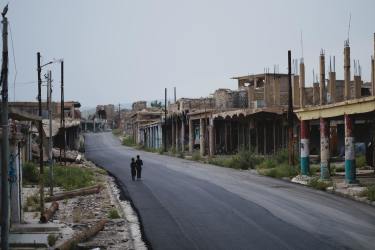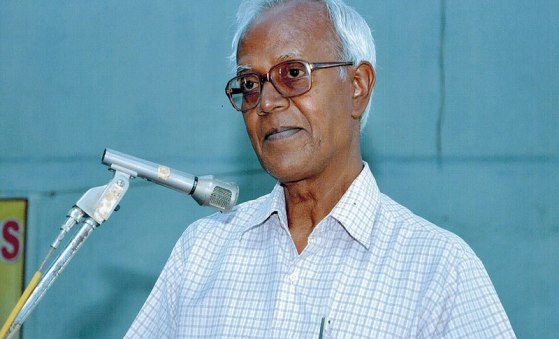
A deadly suicide bombing at a church in Damascus has renewed urgent calls for the international community to acknowledge the growing persecution of religious minorities in Syria.
The attack occurred on Sunday, 22 June, during an evening service at St Elias Greek Orthodox Church. A suicide bomber entered the church, opened fire on worshippers, and then detonated an explosive vest. At least 25 people were killed and more than 60 injured, including several children.
Kelsey Zorzi, an international human rights lawyer and Director of Advocacy for Global Religious Freedom at ADF International, described the bombing as part of a wider campaign of violence targeting minority faith groups in the region.
“This is not simply a ‘sectarian conflict’,” Ms Zorzi wrote in Spiked. “What we are seeing is the deliberate targeting of Christians, Druze, Yazidis, Alawites and Shiites by violent Islamist groups.”
Although no group has claimed responsibility, Syrian officials believe ISIS sleeper cells may be behind the attack. ISIS, while officially defeated in 2019, is believed to remain active in some regions through underground networks.
The bombing is the latest in a series of recent attacks on Shiite sites and other minority landmarks, raising fears that extremist violence is once again gaining strength amid Syria’s ongoing political instability.
Following the fall of Bashar al-Assad’s government late last year, a new administration led by President Ahmed al-Sharaa—himself a former Islamist militant—has taken power. While the new government has pledged to protect religious freedom, advocacy groups say these promises have not been kept.
Ms Zorzi warned that describing such attacks as “sectarian” falsely suggests mutual violence between two equal sides. “There is no balance here. The victims are not aggressors. They are under attack and deserve protection, not vague labels,” she said.
Syria ranks 18th on the Open Doors World Watch List of countries where Christians face the worst persecution. The Christian population—one of the oldest in the world—is rapidly shrinking as families flee violence, fear, and poverty.
“The disappearance of Christianity from Syria would be a devastating loss, not only for the Church, but for the world,” Ms Zorzi added. “These ancient communities represent some of the earliest expressions of our faith. Without immediate support, they could soon disappear entirely.”
Between 2014 and 2019, ISIS led a brutal campaign against Christians and other minorities in Syria and Iraq, forcing thousands to convert, flee, or face execution. While their territorial hold is gone, the extremist ideology remains.
Christian advocacy organisations such as Open Doors and Christian Solidarity Worldwide are calling for greater international action. They urge global leaders to pressure the Syrian government to confront extremism and protect all citizens, regardless of religion.
In the aftermath of the Damascus bombing, Syrian Christians responded with peaceful mourning. Instead of retaliation, they gathered in public with chants such as “Raise your cross high” and “The blood of Christians is precious.”
Humanitarian support and trauma counselling have begun, but many fear more attacks are coming. Ms Zorzi stressed that persecution driven by jihadist ideology is not limited to one country.
“It spreads across borders and thrives in silence,” she said. “Religious minorities must be protected—not only for their own safety, but because true peace begins by standing with the vulnerable.”




